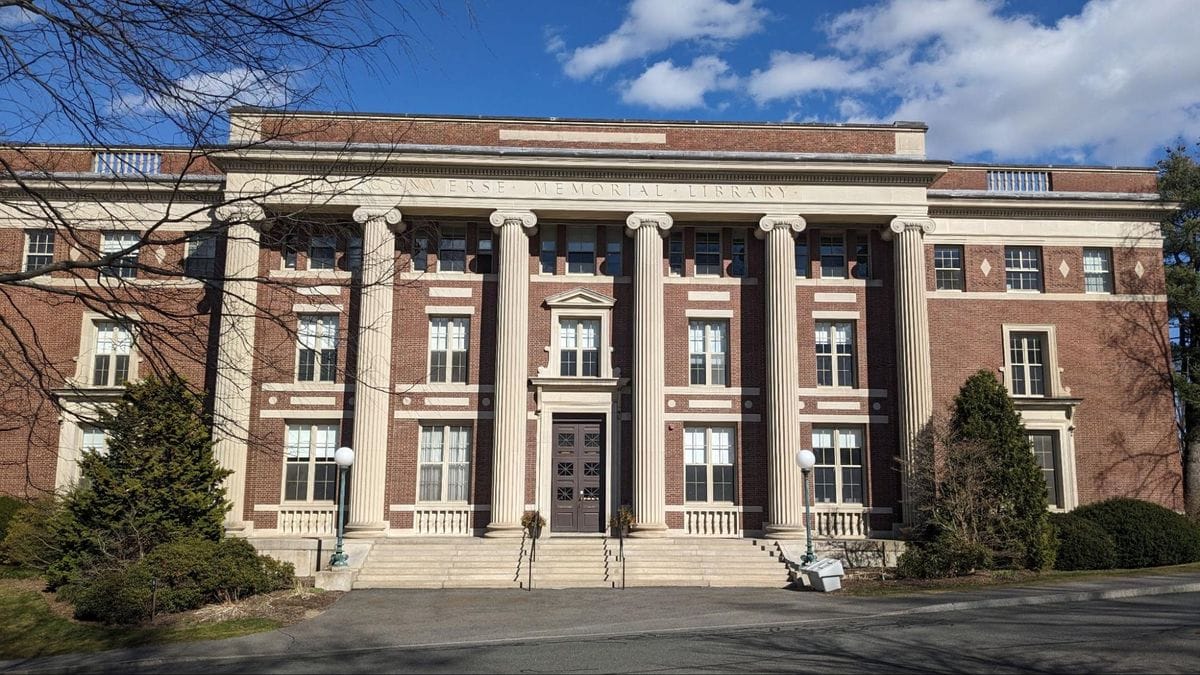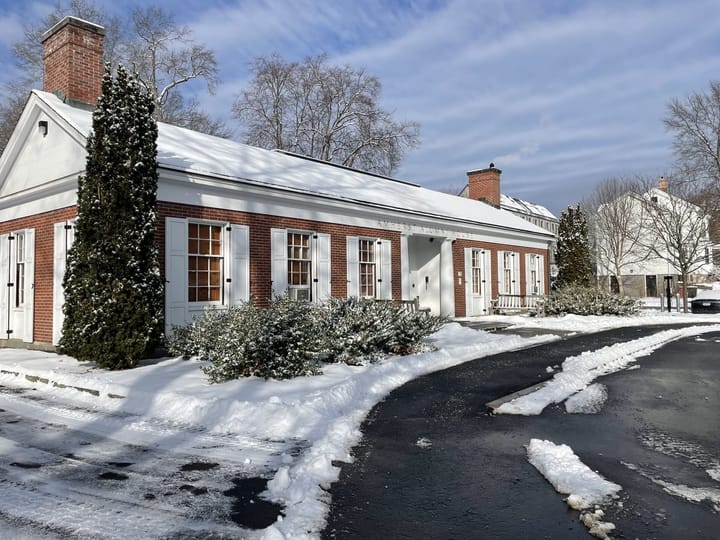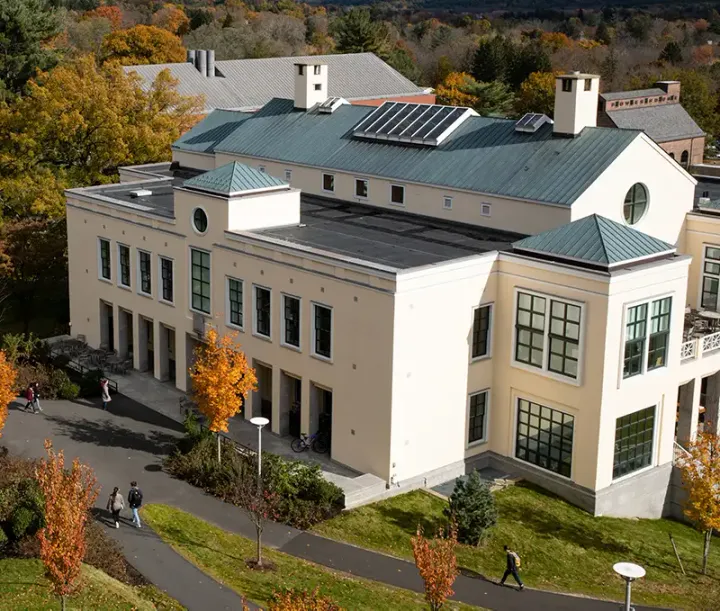Faculty Vote to Amend Statement of Academic and Expressive Freedom
In the wake of recent threats from the executive branch to colleges across the country, the faculty voted last Friday to amend the college’s statement on Academic and Expressive Freedom by emphasizing the college’s commitment to protecting these rights in the midst of governmental threats.

The faculty voted 119-8 to amend the Amherst College Statement of Academic and Expressive Freedom last Friday, adding a sentence saying, “The College will also take measures to protect and support these rights in the face of governmental or other external threats.”
The move is the latest in a series of college responses to President Donald Trump’s slew of visa revocations for international students and faculty at other institutions targeting free speech, and five recent grant rescissions that have impacted the college. The new language of the statement is intended to publicly shift the tone of Amherst’s commitment to these rights.
Prior to Friday, Amherst’s statement on academic freedom was similar to other institutional statements (including that of Williams and Tufts) in assuming the most pressing threat to inquiry and expression is internal.
The statement, created with the goal of emphasizing the value of inquiry at Amherst as a higher education institution, underscores a liberal arts-rooted commitment to free debate and disagreement on campus. The 2016 and 2020 revisions lay out conditions of speech that necessitate college interference as “narrow exceptions to the college’s overriding commitment to robust open inquiry. The new statement will conclude the opening paragraph of the statement, preceded by “[protection of] the right of members of the academic community to speak, write, curate, and create without obstruction, disruption, or the fear of institutional censure, censorship, or retaliation.”
On behalf of the Faculty Executive Committee (FEC), Charles Hamilton Houston ’15 Professor of Black Studies and History and Department Chair of Black Studies, Stefan Bradley introduced the motion to add the sentence.
“I’m not sure that we anticipated that we would have to add such language, but we are here now,” Bradley said. “In light of what we see at other institutions, this seems like an amendment that Amherst College really needs to consider at this time.”
During the meeting, faculty debated whether they should specify the government in the wording of the sentence or if they should keep the language purposefully vague.
Paula R. and David J. Avenius 1941 Professor of Physics David Hall proposed withdrawing the word “governmental.”
“I want to … ask the question whether it's really necessary to have the word ‘governmental’ … would [it] maybe draw more attention [to] us … than what is needed,” Hall said.
However, multiple professors spoke to the importance of including “governmental,” arguing that it rightly acknowledges the current political context.
William Nelson Cromwell Professor of Jurisprudence and Political Science Austin Sarat felt that the term was suited to the current political climate. “We should name the world in which we are in … The attention is already on us, and the threats that we are facing now are primarily, if not exclusively, from the government,” he said.
Assistant Professor of Environmental Studies Ashwin Ravikumar expressed similar ideas. “To me, the idea of academic freedom and this statement are not trans-historical documents. They are specific historical documents that we can therefore amend that speak to a particular moment that we're in,” he said. “We should be explicit with the … language that speaks to this particular historical moment.”
Elliott clarified that the amendment will not “alter how we’re approaching this moment as an administration,” and that the college is already committed to protecting academic freedom from the federal government. Still, he emphasized the value of adding the sentence.
“This [amended] sentence suggests that we will be successful in always protecting our students, faculty, and staff against these incursions. I would love to be able to promise that … but I think what we’ve seen just in the last few months suggests that universities and colleges — that have had this similar commitment that I have — have not been successful,” Elliott said. He noted that he has been in touch with other college presidents, including Tufts University President Sunil Kumar, regarding their institutions’ experiences navigating student visa revocations.
The Board of Trustees voted to endorse the 2016 iteration the same year and the 2020 addition in 2024. The Board will vote to endorse the amended statement passed by the faculty, but Elliott said it is unclear when this will occur.





Comments ()